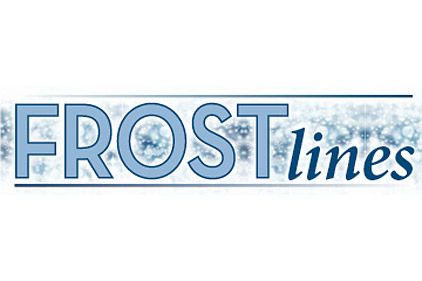The Challenge
According to the 15th edition of the Refrigerant Report issued by Bitzer Kuhlmaschinenbau GmbH, “CO2 has a long tradition in refrigerant technology reaching back into the 19th century.”
The report noted CO2 has zero ozone depletion potential, negligible direct global warming potential, nonflammability, nontoxicity “in the classical sense,” low cost, and no requirement for recovery or disposal. (It is basically naturally occurring, not chemically created, meaning if it was captured for use in contained refrigeration systems and was to leak out, it would be doing what it would have been doing had it not been captured.)
The report did note that “compared to HFCs, the lower practical limit in air has to be considered; for closed rooms this may require special safety and detection systems.”
With the rise of CFCs, HCFCs, and HFCs, which the report called ‘safety refrigerants,’ CO2 “became less popular and since the 1950s had nearly disappeared.
“The main reason for that is its relatively unfavourable thermodynamic characteristics for usual applications in refrigeration and air conditioning. The discharge pressure with CO2 is extremely high and the critical temperature is very low.”
Nevertheless, the HVACR industry has been looking at ways to make the refrigerant work in its applications. Initially, this involved subcritical operation involved cascades with another refrigerant such as ammonia or HFCs. And there are efforts involving the transcritical approach that are showing favorable results.
But in doing so, challenges arise for the service tech trained on fluorocarbon systems. “The system and control techniques are substantially different from conventional plants,” the report said. “When considering pressure levels as well as volume and mass flow ratios, specially developed components, controls, and safety devices as well as suitably dimensioned pipe work must be provided.”
And, the report added, “The compressor technology requires a completely independent approach. For example, this involves design, materials, displacement, crank gear, working valve, and lubrication systems as well as compressor and motor cooling.”
A Solution
It was with all that in mind that caused the Scotland-based Star Refrigeration to join others in Europe in promoting proper training.
Astrid Prado, marketing manager for Star Learning Solutions, The Star Refrigeration Group, noted that Star was drawing upon its experience in training to provide assistance.
She noted that “10,000 CPD certificates have been awarded in refrigeration and air conditioning fundamentals through elearning-training.com, the online training platform introduced by Star Learning Solutions in 2005.”
Now, it was noted, Star Learning has “also been working on the development of a national vocational qualification for CO2 refrigeration offered through elearning-training.com.
“The portal provides a modern alternative to traditional methods of training and delivers knowledge on-demand by allowing students to access learning material at any time and from any place, simply by logging onto the website with a user name and a password.
“Star Learning Solutions has been working closely with the British Refrigeration Association and cities and guilds on the development of a new vocational qualification for CO2 Refrigeration.
“This UK qualification would probably be the first official CO2 refrigeration qualification in Europe. The qualification will cover installation, commissioning, service, and maintenance of CO2 systems and will be structured in a similar way to the F-Gas Assessment.
“This training and assessment methodology offers contractors a very appealing solution since it reduces personnel travel and accommodation expenses, but also significantly reduces the amount of time technicians are off work.”
Publication date: 09/26/2011



Report Abusive Comment